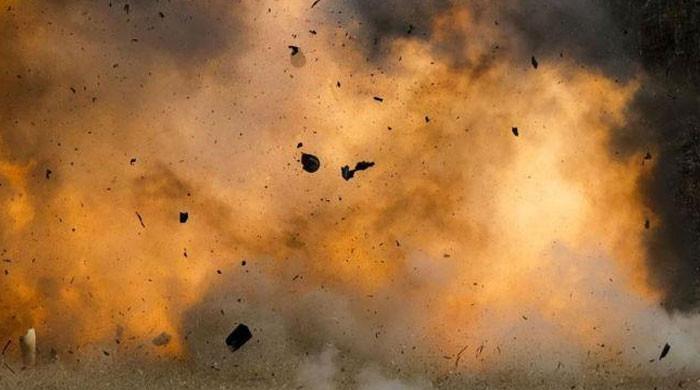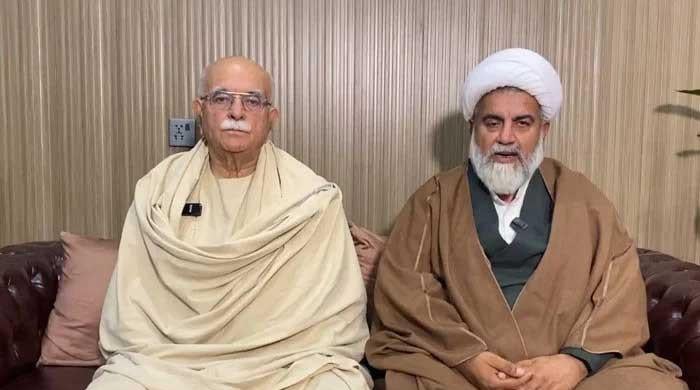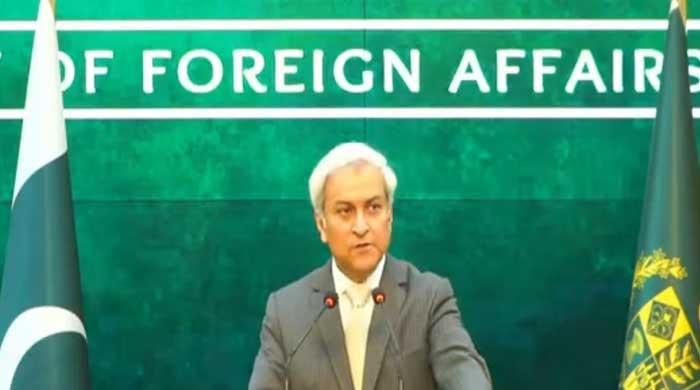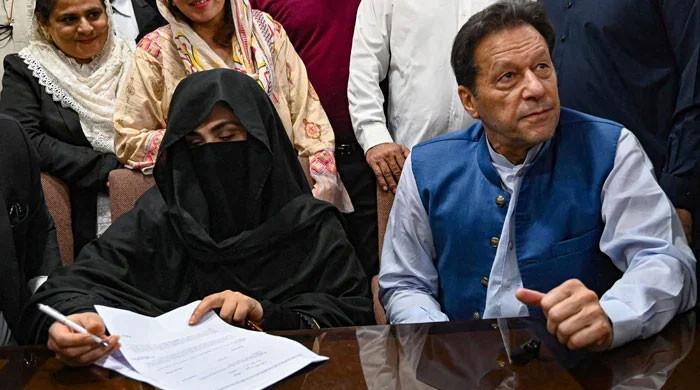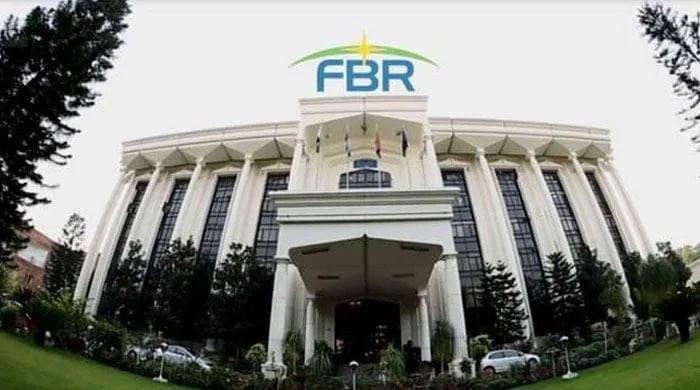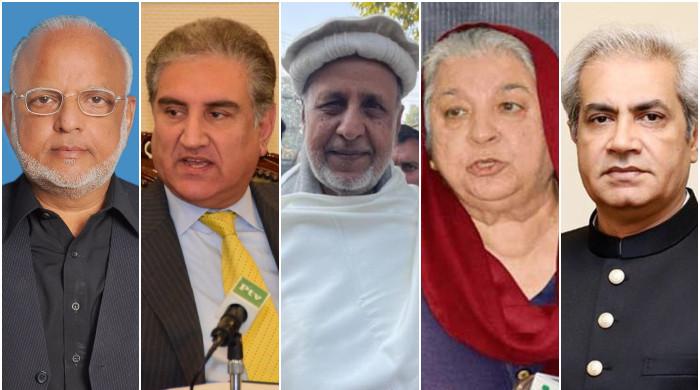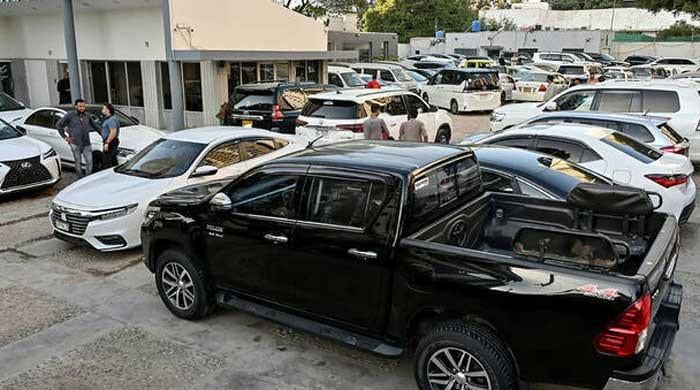Moot on Kashmir issue held at Texas varsity
By Raja Zahid A Khanzada DENTON, Texas: A two- day conference/symposium on Kashmir issue was held in Business Leadership Department of University of North Texas Denton last week.Dr. Sadaf Munshi...
April 09, 2012
DENTON, Texas: A two- day conference/symposium on Kashmir issue was held in Business Leadership Department of University of North Texas Denton last week.
Dr. Sadaf Munshi Prof. of Linguistics and Technical Communication at UNT coordinated the events.
The events were made possible by the Department of History, Peace Studies program, The Multi Cultural Center and The Contemporary Arab and Muslim Cultural studies institute (CAMCSI) of UNT.
Dr. Sadaf Munshi, Dr. Citralekha Zutshi professor at Williams and Marry College VA, Dr. Vijay Sazwal, Ajay Raina filmmaker, Arti Tiku Kaul the famous singer/ artist and Dr. Qaiser Abbas head of history department of UNT were among the distinguished speakers.
Addressing the conference attended by the eminent scholars, intellectuals, academicians and peace activists, the executive member of Kashmir Committee Dallas Peace Center Raja Muzaffar said that, “Over the last 64 years the conflict in Kashmir has grown in complexity.
The evolution of India and Pakistan into vowed nuclear-armed states in 1998 has added a menacing nuclear dimension to the Kashmir Conflict as Kashmir has emerged as a nuclear flashpoint.
Threats and opportunities in the region have all become complex and interlocked.
“Finding out an practicable, acceptable and amicable solution to the core issue of Kashmir, lasting peace and economic prosperity in the whole region of South Asia is absolutely interlinked”, said Raja Muzaffar, Raja Muzaffar said Kashmir dispute is not only affecting the people of Kashmir, India and Pakistan but also destabilizing the war-ridden Afghanistan.
“Kashmiris are peace-loving people and want peace and justice. All three parties India, Pakistan and Kashmiri needs an EXIT strategy. It is critically important that there must be light at the end of the tunnel for all parties concerned, especially the people of Kashmir.”
Raja Muzaffar said the Kashmir conflict has led to an unending arms race between India and Pakistan, entailing huge military expenditures at the cost of socio-economic development of millions of their poor citizens and militarized the two State-societies.
Over the last 64 years the conflict in Kashmir has grown in complexity. The conflict has assumed new political and strategic characteristics, which make it an essentially different conflict than how it existed six decades ago he said.
Presently the Kashmir Conflict can be largely understood as a case of three competing nationalisms or national ideologies viz. the Indian, Pakistani and Kashmiri nationalism. India and Pakistan needs to settle the Kashmir issue for their own well being and that of the entire region.
In doing so they must both work with the people of Kashmir to secure a peaceful future. Any just and lasting solution to the Kashmir conflict will require creatively reconciling between these three national identities and competing claims of self-determination in Indian controlled and Pakistani controlled parts of Kashmir”, he added.




